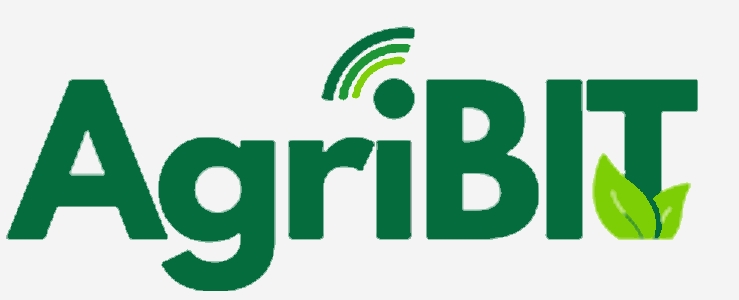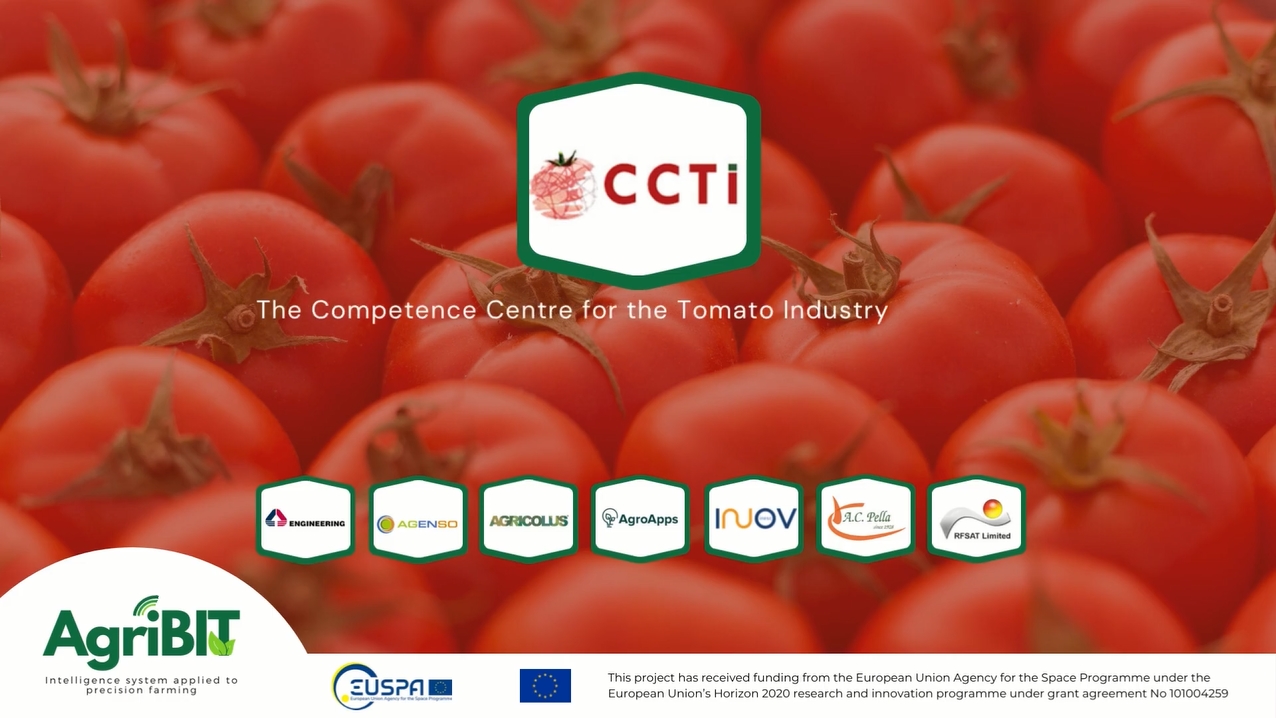Press release
, François-Xavier Branthôme
AgriBIT is about to improve the agriculture chain by delivering higher precision, more accurate and continuously available Precision Agriculture services, combining GNSS, and more specifically new high precision Galileo positioning and augmentation services like EGNOS, Earth Observation (EO) information with on-field and on-machine sensors and actuators, Artificial Intelligence (AI) technologies and expert agricultural knowledge.
The overall objective of AgriBIT is to deliver a range of customizable and modular solutions suitable for various types of agricultural uses and brands of crops through six defined objectives:
- Market and needs analysis
- Higher precision location services
- Affordable, European source, high precision Galileo and EGNOS (European Geostationary Navigation Overlay Service) GNSS (Global Navigation Satellite Systems) receiver
- Bundle of Precision agriculture (PA) services for farmers and farm advisors
- Strategy for services uptake
- Open service-oriented platform
AgriBIT includes a twenty-month piloting phase in peach production (Greece), tomato fields (Portugal) and vineyards (Italy), whose goal is not only to evaluate the adaptation of its services to user needs, but also create impact in key agricultural sectors.
 Portuguese tomatoes
Portuguese tomatoesFocuses on the detailed management of diseases, speeding up the detection of diseases earlier during the growth period and delivering the ability to apply corrective measures earlier than without the use of GNSS services, i.e. before the harvest.
CCTI (Centro de Competências para o Tomate Indústria) operates a tomato field plantation located in the Lezíria do Ribatejo, Portugal. Tomato production covers 1,300 ha and is organized in lines of plants separated every 1,5 m apart and with 35 cm distance between plants in the same line. Tomato monocultures are attacked by diseases and pests; in 2018, the main diseases included mildew, bacterial spots (diseases), mites and Tuta absoluta (pests). The actual list of diseases changes every year and spread very fast during the crop growth period.
Challenge
Traditionally, monitoring tomato diseases and pests has mainly depended on visual inspection in the field, which has been inefficient and time-consuming and, when combined with excessive use of pesticides, it is also destructive to the ecological environment. In practice, tomato diseases and pests tend to occur sporadically across an area and at particular weather conditions. Therefore, it is necessary to find a more accurate, convenient way to monitor the distribution of the disease in the field. Remote sensing technology has proved to be an efficient tool for identifying crop diseases and monitoring crop growth over the last several decades.
It is well known that leaf water, pigment contents, and the internal structure of plants may be changed when infected with disease, and these physiological and biochemical changes are reflected in its spectral signature (i.e., the variation in reflectance magnitude and change in spectral shape). A number of studies have been proposed for the use of sensitive original bands or vegetation indexes (VIs) that identify and monitor crop diseases at leaf and canopy scales. Hyperspectral data has been widely used in crop disease detection to capture crop biophysical variations caused by infestations on account of its abundant narrow bands and high spectral resolution.
The Sentinel-2 Multispectral Instrument (MSI) was launched in 2015 by the European Space Agency (ESA) and was designed to meet the needs of “Global Monitoring for Environment and Security” (GMES). The newly developed multispectral sensor is a composite of multispectral and hyperspectral sensors and includes refined spatial, spectral, and temporal resolutions, providing important information for precision agriculture. Sentinel-2 is free to use and the revisit cycle is 5 days, when two satellites are operating simultaneously, which makes it attractive for temporal feature analysis. The sensor achieves refined spatial resolution and wide swath coverage. More importantly, compared with generally high-medium resolution satellite data, Sentinel-2 has several bands at spatial resolution of 10 and 20 m. The data gathered by the Sentinel-2 MSI with spatial resolution of 10m implies that each pixel corresponds to an average of 200 to 250 tomato plants. Identifying unhealthy plants in such a wide area is only interesting for corrective operations to be performed after the harvest period. For the growth and productive period, the resolution needs to be higher than that, hopefully circa 20 plants/pixel.
Piloting focus
AgriBIT solution will combine Earth Observation data from Sentinel-2 MSI to identify crop problems which could be solved after the harvest period and unmanned aerial vehicles (UAVs) with multi-spectral cameras to solve localized problems during the crop growth and productive period. This piloting case therefore fully implements the multi-layered model proposed by AgriBIT and is key in demonstrating the added value across the full chain of activities.
Some complementary data
Sources: h2020-agribit.eu, ccti.pt


 Portuguese tomatoes
Portuguese tomatoes




























